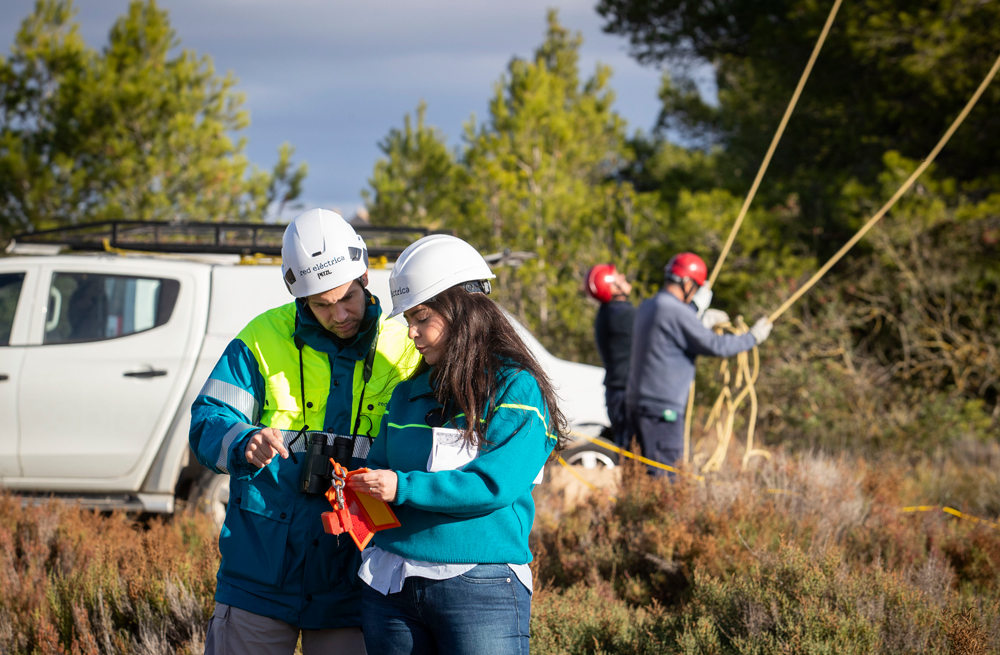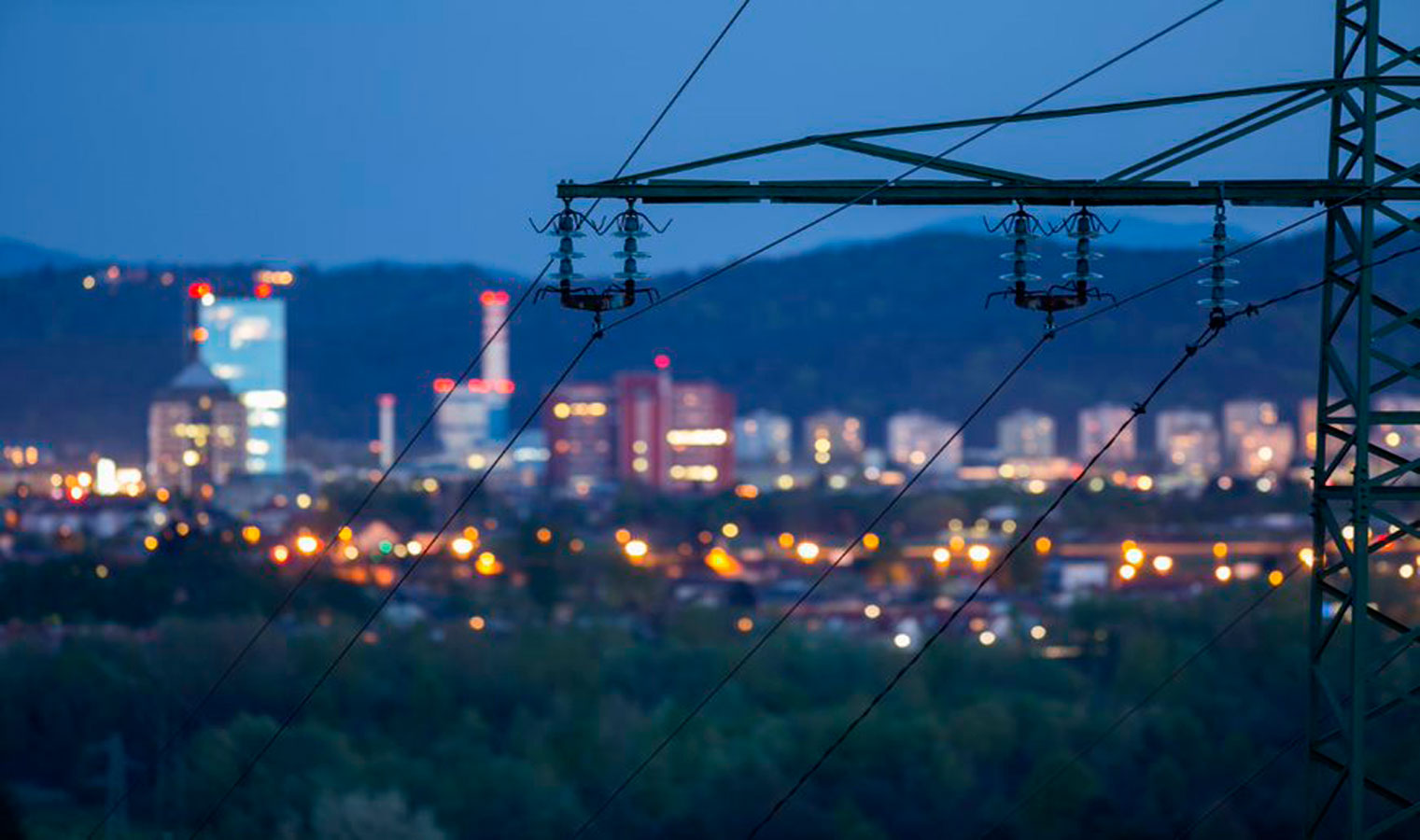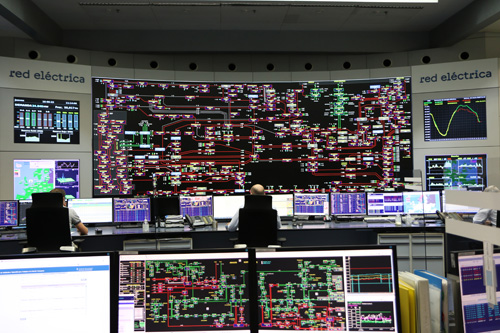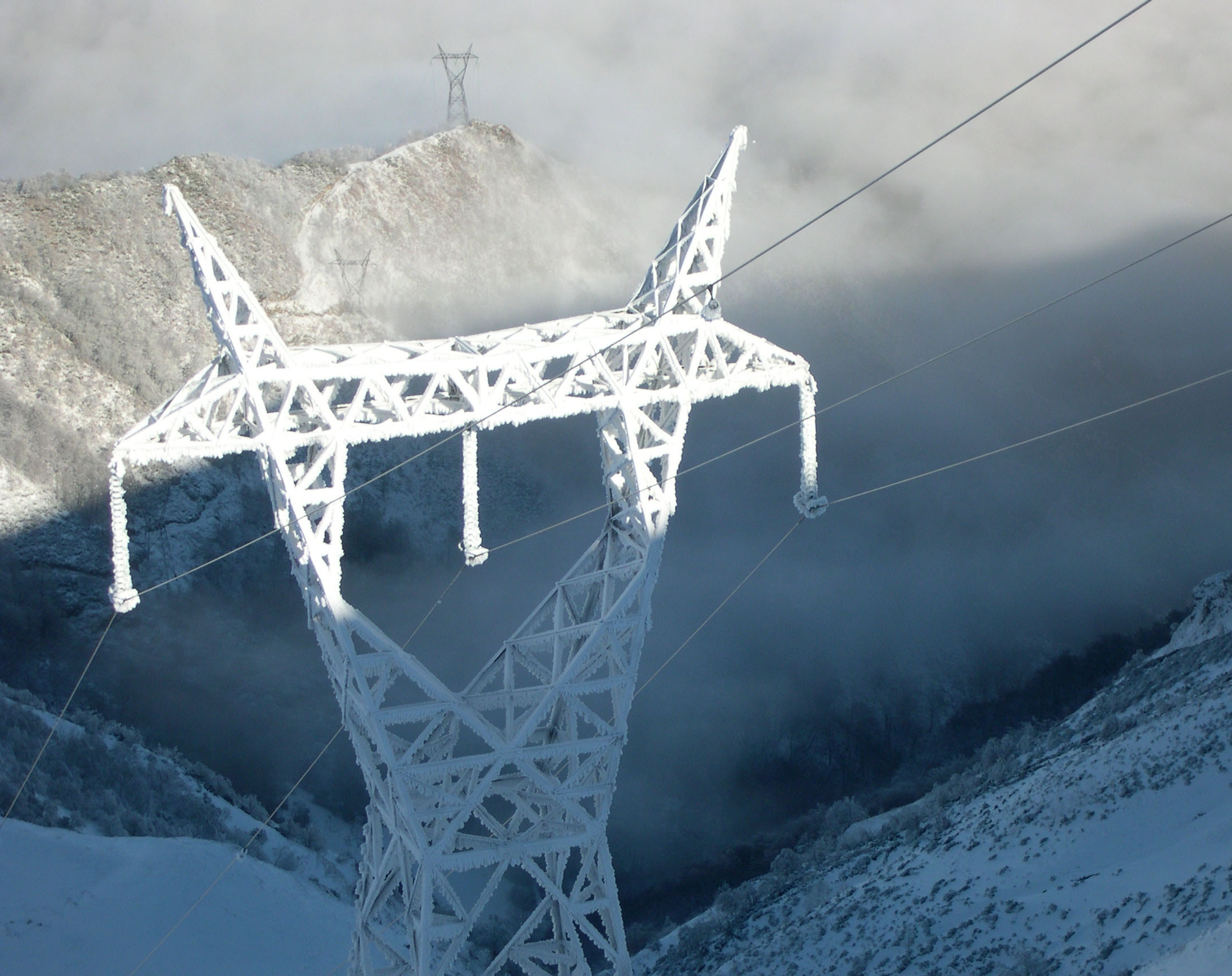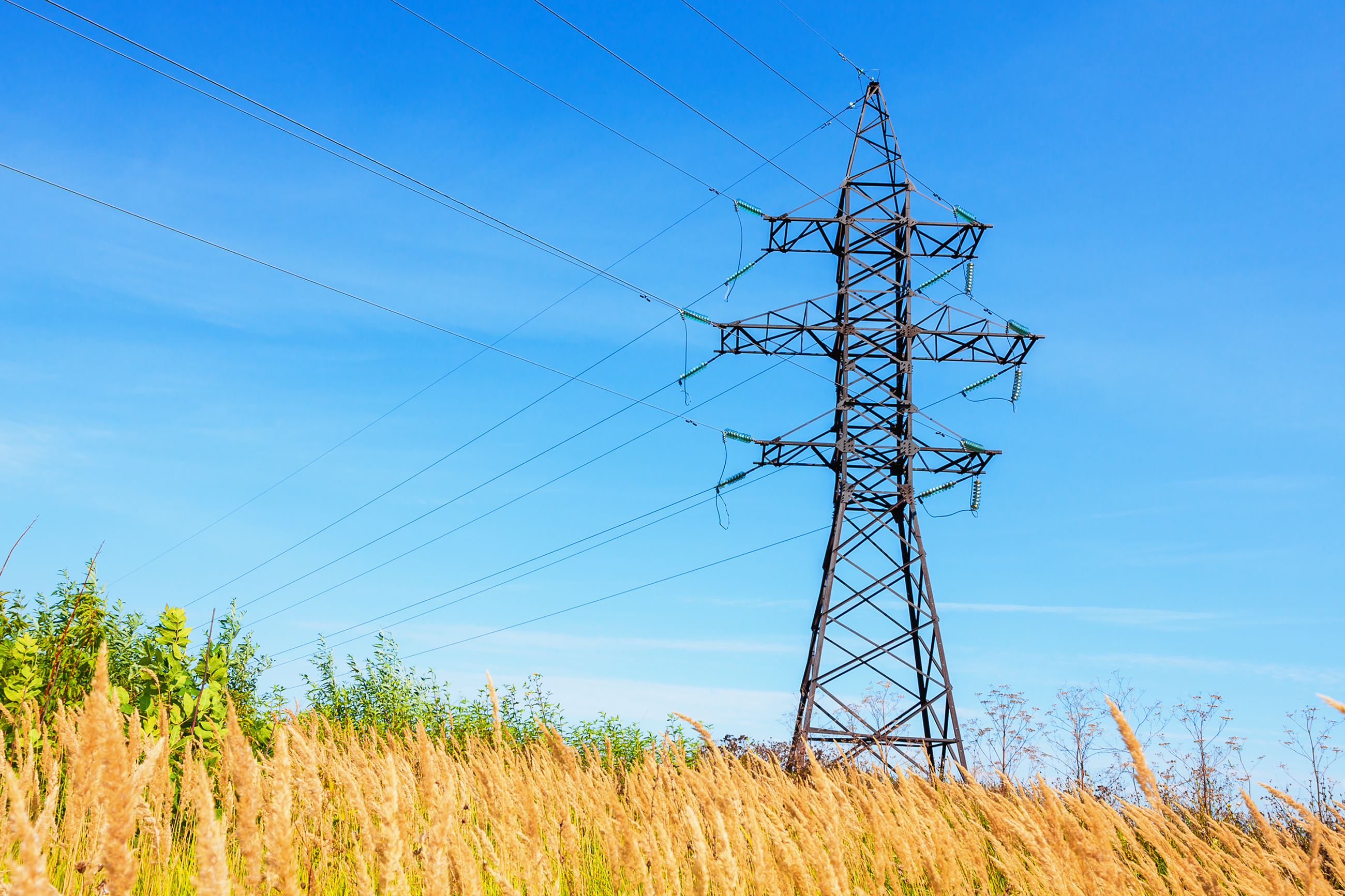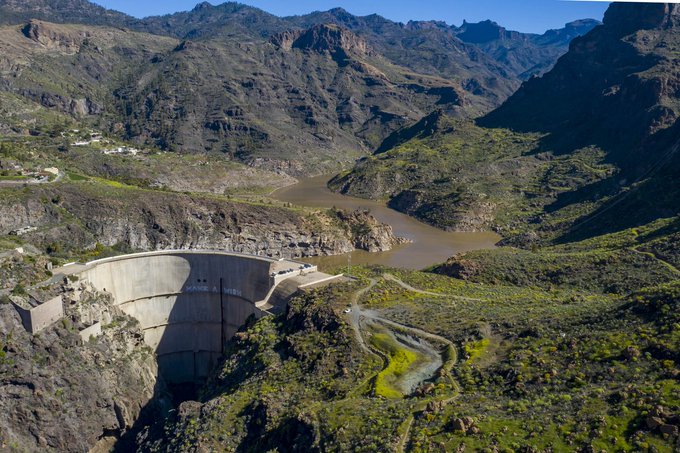Discover what Red Eléctrica is, what we do, and why we are the backbone of the electricity system in Spain and the ecological transition.
Demand for electricity in Spain falls by 0.8% in May
- Wind energy accounted for 22.6% of the total production, and for the second consecutive month has been the technology with the highest share in the generation mix.
- 41.6% of the total generation came from renewable sources and 61.6% of the total was generated using technologies that produce zero CO2 emissions.
- Demand for electricity increased in the Balearic Islands by 1.1% compared to May 2018 and a slight decrease of 0.3% was registered in the Canary Islands.
The demand for electrical energy nationwide in the month of May is estimated at 21,127 GWh, 0.8% lower than that registered in the same month last year. After having factored in the influence of seasonal and working patterns, electrical energy demand fell by 2.6% compared to May 2018.
In the first five months of 2019, the demand for electricity is estimated at 109,458 GWh, 2.2% less than in 2018. Again, after having factored in the influence of seasonal and working patterns, demand for electricity is 2.1% less than that registered in the same period last year.

During the month of May and according to estimated data, generation coming from renewable energy sources represented 41.6% of the total production. 61.6% of electricity generation during the month was obtained using technologies which produce zero CO2 emissions.
With information available as at the time of this press release, wind energy generation in May reached 4,655 GWh, a figure that is 40.2% higher than in the same period last year, and represented 22.6% of total production.

The demand for electrical energy in the peninsular electricity system drops by 0.9%
The demand for electrical energy in the peninsular electricity system in the month of May is estimated at 19,899 GWh, 0.9% lower than that registered in the same month last year. After having factored in the influence of seasonal and working patterns, electrical energy demand fell by 2.7% compared to May 2018.
In the first five months of 2019, the demand for electricity on the Spanish Peninsula is estimated at 103,452 GWh, 2.4% less than in 2018. Again, after having factored in the influence of seasonal and working patterns, demand for electricity is 2.2% less than that registered in the same period last year.
During this month and according to estimated data, 43.2% of the peninsular generation came from renewable energy sources and 64.3% was obtained using technologies which produce zero CO2 emissions. On the other hand, wind energy registered 4,561 GWh, 39.7% higher than in May last year, and contributed 23.4% to the generation mix.
The demand for electrical energy increased by 1.1% in the Balearic Islands and decreased by 0.3% in the Canary Islands
In the Balearic Islands, the demand for electrical energy in May is estimated at 480,922 MWh, 1.1% higher than that registered in the same month last year. After having factored in the influence of seasonal and working patterns, the figure increased by 0.3% with respect to May 2018. In the first five months of 2019, the demand on the Balearic Islands is estimated at 2,253,865 MWh, which is 0.2% less than in 2018.
Coal-fired generation, with 34.4% of the total production, was the leading source used for electricity generation on the Balearic Islands. Renewables and those technologies that produce zero CO2 emissions accounted for 8.4% of the total generation on the Balearic Islands.
For its part, in the Canary Islands the demand for electricity is estimated at 713,808 MWh, 0.3% lower than that registered in May 2018. After having factored in the influence of seasonal and working patterns, the figure falls by 0.7% compared with the same month last year. From January to May, demand on the Canary Islands is estimated at 3,585,806 MWh, showing little or no change compared to the same period in 2018.
In May and according to estimated data, combined cycle was the leading technology in the Canary Islands generation mix, contributing a share of 30.8%. Renewables and those technologies that produce zero CO2 emissions accounted for 16.5% of the total generation on the Canary Islands.
